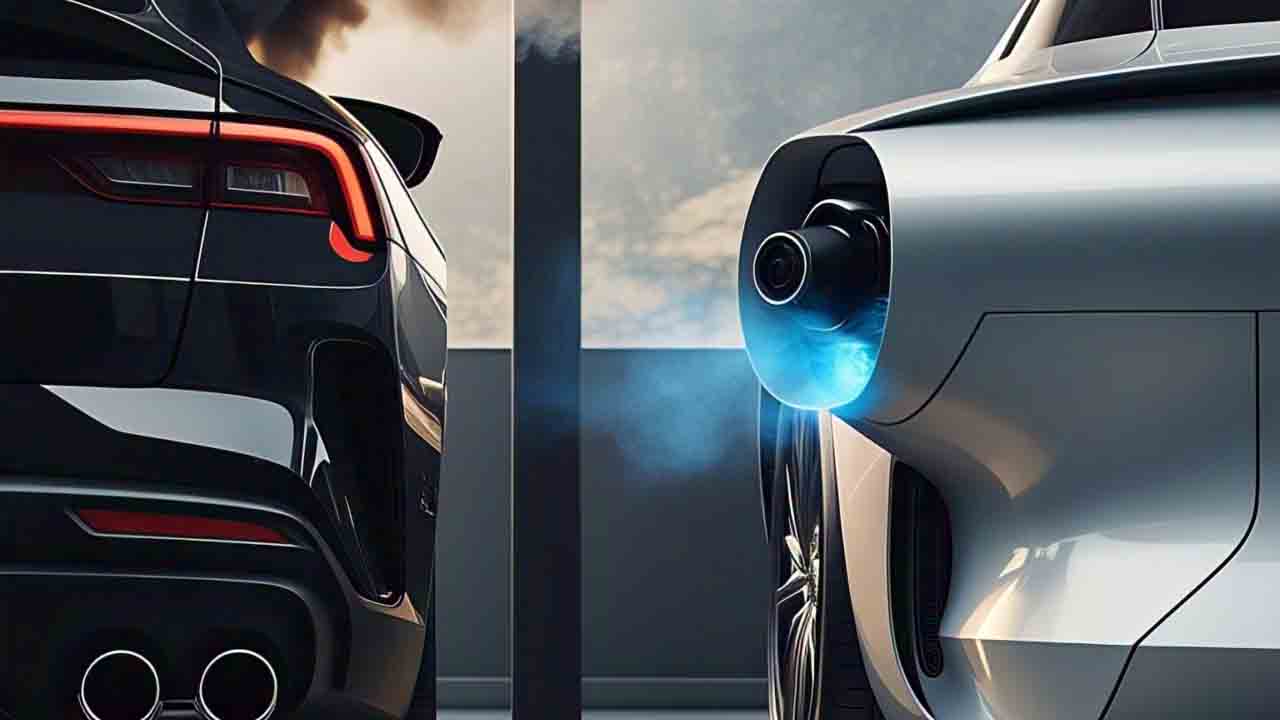
Dieselspecialists – The fall of diesel engines in the passenger car market has been one of the most significant shifts in the automotive industry over the past decade. This decline is largely attributed to the increasing global emissions regulations, particularly in Europe and North America, where governments have imposed stringent CO2 and NOx emissions standards. These regulations are pushing automakers to re-evaluate their engine technologies and accelerate the transition toward cleaner alternatives, such as electric and hybrid vehicles.
The tightening of emissions regulations has been the primary force behind the fall of diesel. Diesel engines, which were once favored for their fuel efficiency and torque, are now seen as contributors to air pollution and greenhouse gas emissions. In response, countries, especially in Europe, have set ambitious goals to reduce vehicle emissions in the coming years. For instance, the European Union’s introduction of the Euro 6 standards has forced manufacturers to adopt more advanced and costly technologies to meet the required NOx and CO2 limits.
This regulatory pressure is making it increasingly difficult for diesel engines to compete with cleaner alternatives. Diesel-powered vehicles emit higher levels of nitrogen oxides (NOx) and particulate matter. Both of which have serious implications for human health and the environment. In comparison, electric and hybrid vehicles produce significantly fewer emissions, which has led to their growing popularity among consumers and policymakers alike.
“2025 Kawasaki Ninja ZX-10R: Power and Precision Unleashed”
As a result of the fall of diesel, many leading automakers have committed to phasing out diesel engines from their passenger car offerings. Major manufacturers like Volkswagen, Ford, and Volvo have announced plans to significantly reduce their reliance on diesel engines. Focusing instead on electric and hybrid vehicles. In fact, some manufacturers have already begun shifting their entire portfolios toward electric powertrains. With plans to offer only electric or hybrid models in the near future.
This shift is not just about complying with regulations; it’s also a response to changing consumer preferences. Increasingly, consumers are looking for vehicles that are both environmentally friendly and cost-effective in the long term. Electric vehicles, for example, offer lower operating costs due to fewer moving parts and the absence of traditional fuel costs. As such, the fall of diesel is not merely a regulatory response but a reflection of the broader market demand for cleaner. More sustainable transportation options.
While the fall of diesel in passenger cars is undeniable. The diesel engine is not disappearing entirely from the automotive world. Diesel engines are still expected to maintain a strong presence in commercial vehicles, such as trucks, buses, and delivery vans. Due to their durability and efficiency over long distances. In these sectors, diesel remains the preferred choice for its ability to carry heavy loads while providing long-range fuel efficiency.
Moreover, in some emerging markets, diesel continues to play an important role. Countries where electric vehicle infrastructure is still in its infancy or where fuel prices are low may continue to rely on diesel engines for their cost-effectiveness. However, even in these markets, the trend is shifting towards cleaner alternatives as awareness of environmental issues grows and governments begin to tighten regulations.
The fall of diesel engines in the passenger car market is a clear sign of the industry’s pivot towards sustainability. As stricter emissions standards take hold globally. Automakers are increasingly shifting away from diesel in favor of cleaner technologies like electric and hybrid vehicles. While diesel will likely remain a key player in commercial vehicles for the foreseeable future. Its role in the passenger car market is rapidly diminishing. For consumers, this shift presents an opportunity to embrace greener, more efficient alternatives. As the automotive world moves toward a cleaner, more sustainable future.
“Empowering Locals through Community-Based Tourism”
Dieselspecialists - Revolutionizing diesel engines, fuel injection systems are now central to enhancing fuel efficiency and reducing emissions. The development…
Dieselspecialists - The focus on reducing diesel engine emissions has never been greater, and diesel emission tech is at the…
Dieselspecialists - Warm up your engine before driving to ensure it performs at its best. The process of warming up…
Dieselspecialists - Maximizing diesel power is a goal for many diesel vehicle owners, and one of the most effective ways…
Dieselspecialists - Autonomous drive technology is revolutionizing the automotive industry, promising a future where cars no longer require a human…
Dieselspecialists - Turbo Smart vehicle maintenance starts with understanding how a turbocharger works and what it needs to function effectively…